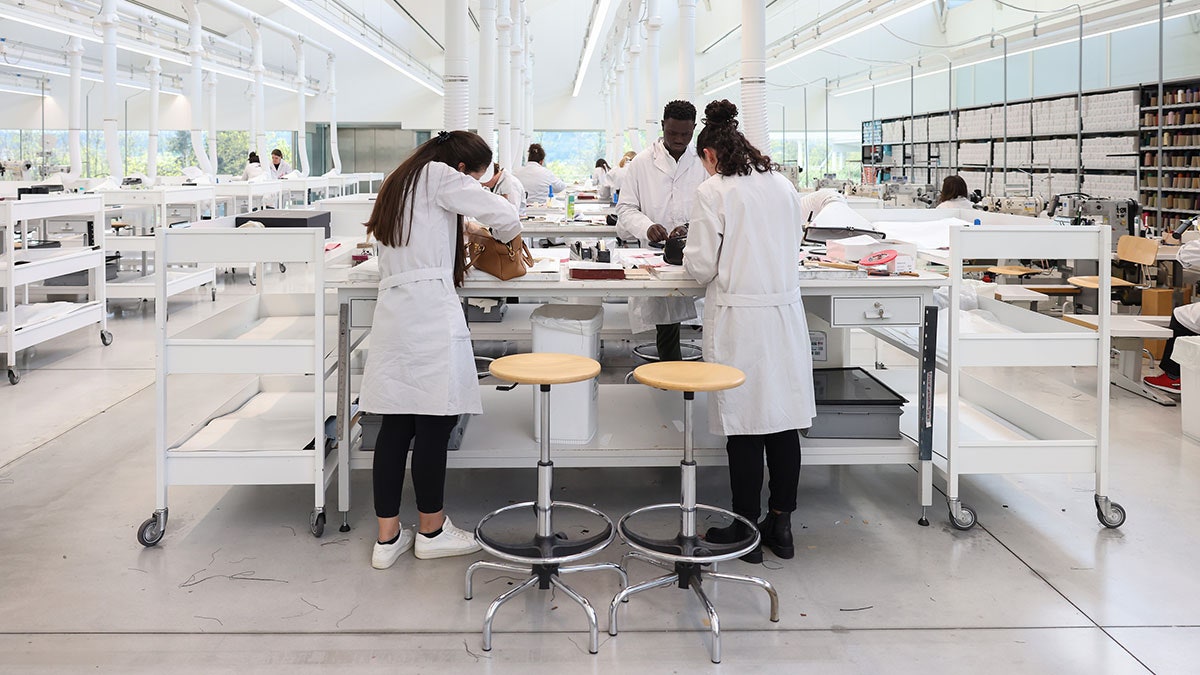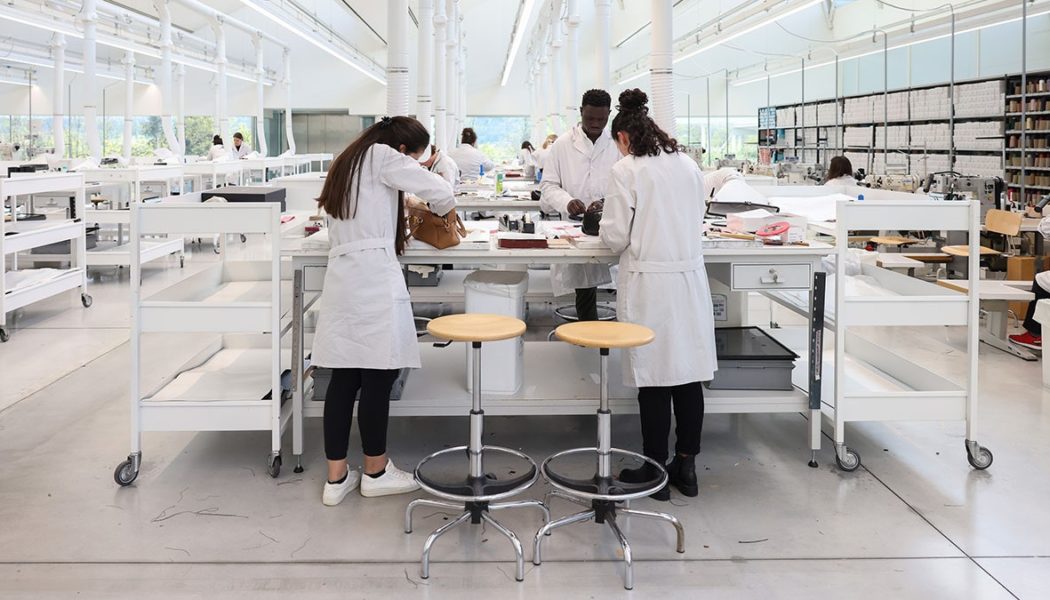
The trend has accelerated since the pandemic. “After Covid-19, some of these manufacturers didn’t recover and some of them are going under. These are opportunities, and targets, for other brands or competitors to buy them,” says Stellae’s Daguillard. He adds that suppliers are attempting to modernise and remain competitive, including through the use of AI and robotics, and scaling teams — all of which requires investment.
Luxury fashion supply chain consultant Dorcas Payne agrees, adding: “These manufacturers don’t get much investment or attention. They’ve constantly got to look for new clients and find ways to keep themselves afloat.”
More pros than cons
There are a number of upsides to brands using their combined firepower to acquire significant stakes in their suppliers. The deals will give each company a cost advantage and greater control over their supply timelines and processes. With the investment from Prada and Zegna, Luigi Fedeli e Figlio can increase its production capacity — which in turn will strengthen the brands’ access to top-quality Italian wool and yarn.
Chanel echoes this, saying the acquisition of a stake in Cariaggi Lanificio will grant it access to a constant supply of top quality materials, ultimately strengthening core categories such as knitwear. “Our desire is generally to invest with partners that we know, with whom we already work and whose skills and know-how we wish to preserve,” a representative for Chanel says. “Their activities are complementary and allow us to strengthen the sectors of excellence, such as the knitwear sector, which are essential to the activity and creation of our collections.”
The brand can also look at synergies between the suppliers in its portfolio, and whether there are new development opportunities. For example, two of the suppliers it has acquired in recent years, Vimar and Lesage, have worked together to develop eco-responsible tweeds.
Greater oversight of the supply chain is increasingly important for brands, who are under pressure to improve their traceability to comply with a wave of sustainable fashion legislation as well as meet changing consumer expectations. Prada says its strategy is to have control over all stages of the production process, allowing transparency. Similarly, Zegna Group says vertical integration is key to having more control over the production process, from raw material selection to the end product.








